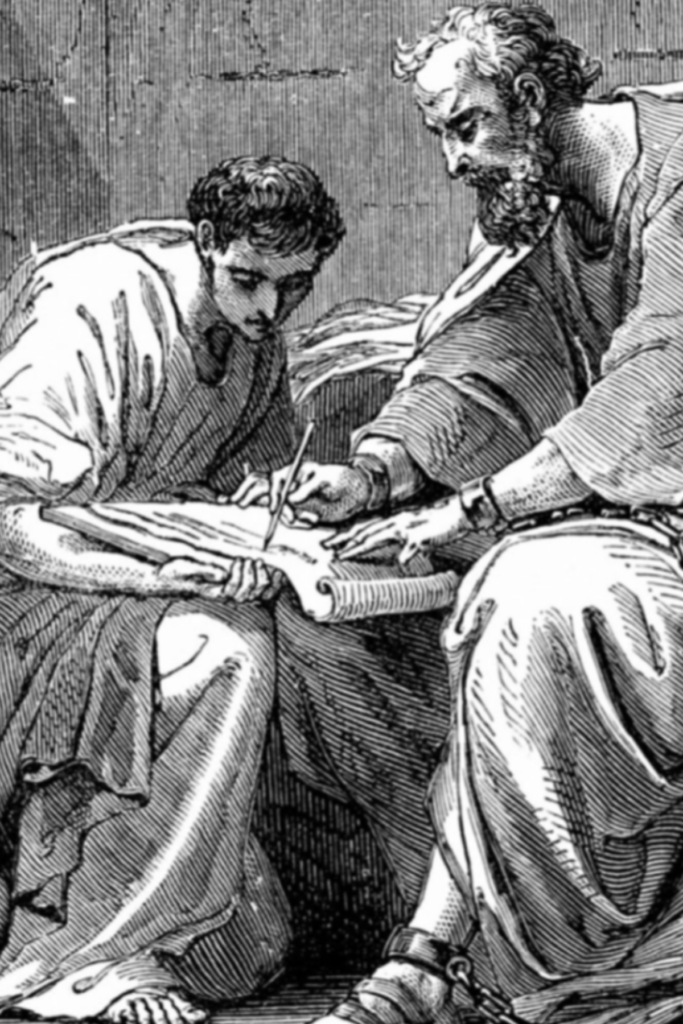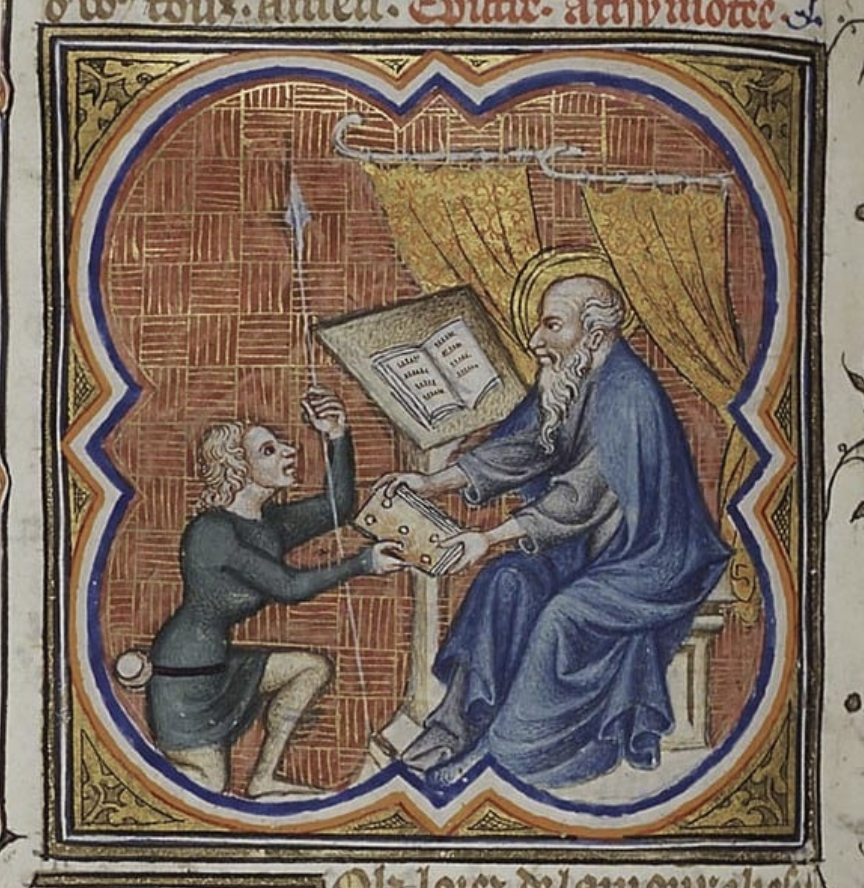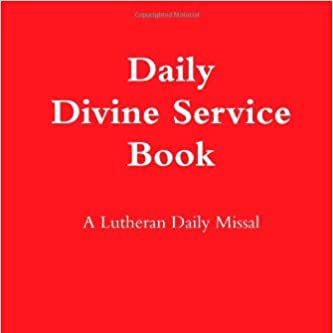Master and Slave, Disciples of Paul

In the LCMS liturgical calendar, February 15 is the day for the Commemoration of Philemon and Onesimus, introduced to the Lutheran sanctoral tradition by the Rev. Wilhelm Löhe in the organization of his nineteenth-century martyrology. Yet these saints are neither post-Biblical figures nor modern-day characters. They can instead be found in Scripture, which contains a book named after Philemon that also concerns his slave, Onesimus.
A prominent first-century Christian, Philemon’s Onesimus ran away from his master and sinned in other ways (Philemon 18). Perhaps a surprising context for a book of the Bible, this narrative would have been somewhat commonplace in the Roman world. Slaves were a mainstay of the culture, and masters were responsible for them and instructed to keep the slaves’ wellbeing in mind first and foremost. In return, slaves were supposed to obey their masters and work for them. However, this relationship was broken when Onesimus ran away. Philemon, a leader in the Church to whom St. Paul had already ministered, was now without one of his workers.
Then the story takes a providential turn as the slave Onesimus encounters St. Paul while they both are in prison. With Onesimus confessing that he was a runaway, Paul ministers to him, and the runaway slave becomes a Christian, a baptized believer. St. Paul then instructs him to return to Philemon in faithful service. To assist him further, Paul provides him with a letter in which he urges Philemon to forgive the slave and “receive him as you would receive me” (Philemon 17). He was to no longer be considered a slave “but a beloved brother” (Philemon 15-16) This was the same letter that would later be called the Letter to Philemon and found as part of Christian Scripture.
Yet Onesimus’s story doesn’t end there. The second-century Church Father Ignatius recorded that Onesimus actually became the bishop of Ephesus and was responsible for gathering together a collection of St. Paul’s letters, perhaps explaining the inclusion of the private letter in the New Testament. While this record comes to us from Church history, not Scripture, the impact that St. Paul had on this slave is undoubtable. It is amazing to imagine that he, too, could go on to serve the Church in such a great capacity.

A Brief History
It is no surprise that with this story’s testamony to St. Paul’s expansive evangelism and Philemon and Onesimus’s impact on the early Church, there would be a day set aside to commemorate these figures on the Christian calendar. However, as mentioned, it is a relatively recent addition to the Lutheran tradition, coming to us from Löhe in 1868 and continuing on in the LCMS’s list of current commemoration suggestions, found in the front of our Lutheran Service Book. Sometimes the day is listed on February 16th; however, it was likely moved by one day with the addition of St. Philip Melanchthon’s day to the calendar on that day. The current February 15th date is notable, as well, as this is when the Eastern Church recognizes Onesimus (not Philemon, however), calling him an apostle.
Of course, the timeframe of Löhe’s own interest in the inclusion of these figures should be noted, as well, as the Letter to Philemon was a subject of great interest in the decades leading up to the American Civil War, leveraged by both pro-slavery and pro-abolition advocates as evidence for how a Christian ought to act. Lutherans were no strangers to this debate, finding themselves very much caught up in the middle of US discourse surrounding the abolitionist movement. In all cases, the story provides a remarkable example of forgiveness and reconciliation, with Philemon and Onesimus finding their way back to one another in Christian love.
Collect
O Almighty God, who hast knit together Thine elect in one communion and fellowship in the mystical body of Thy Son Jesus Christ, our Lord: grant us grace so to follow Thy blessed saints in all virtuous and godly living, that we may come to the unspeakable joys which Thou hast prepared for those who unfeignedly love Thee; through the same, Jesus Christ, Thy Son, our Lord, who liveth and reigneth with Thee and the Holy Ghost: ever one God, world without end. Amen.
Lessons
Resources
Issues, Etc. interview with the Rev. Tom Baker on Ss. Onesimus and Philemon
Propers found in Daily Divine Service Book: A Lutheran Daily Missal, edited by the Rev. Heath Curtis
References:
1. Treasury of Daily Prayer. Concordia Publishing House. 2008.
Images:
1. St. Paul Imprisoned, Gustave Doré, French, 1855.
2. St. Paul Sending a Letter to Philemon, Unknown, French, 1372.



